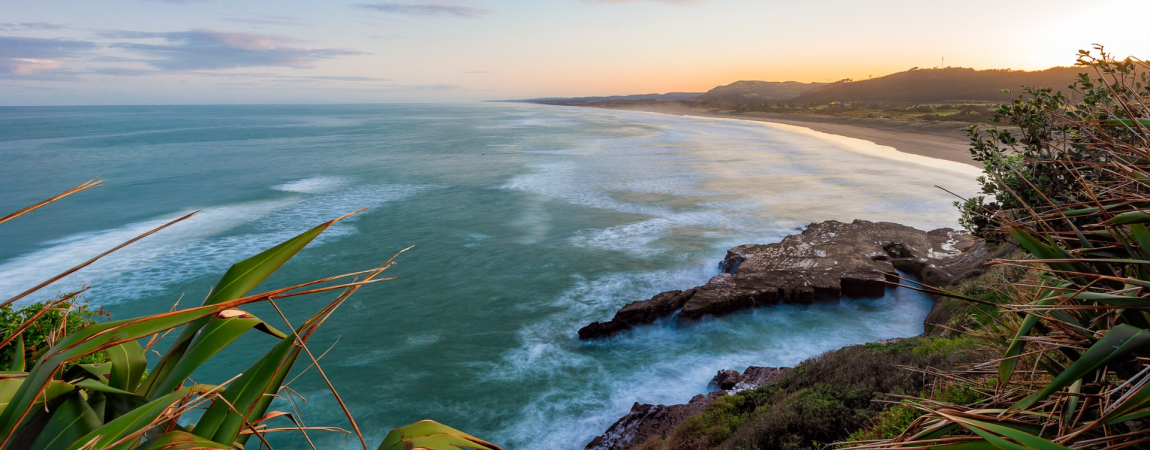
The Cost Factor - Freedom Camping vs Campsites
One of the most significant considerations for travellers when choosing between freedom camping and established campsites is the cost. Freedom camping, as the name suggests, is generally free of charge. This makes it an attractive option for budget-conscious travellers or those who prefer a more spontaneous travel style. However, it’s essential to note that freedom camping is only permitted in specific areas, and failing to adhere to these rules can result in hefty fines.
On the other hand, established campsites come with a fee, which can vary depending on the amenities offered. Basic Department of Conservation (DOC) campsites can cost as little as $6–$15 per person per night, while holiday parks with more extensive facilities like showers, kitchens, and Wi-Fi can range from $20 to $50 per person. While this is an added expense, it provides a level of comfort and convenience that freedom camping can’t offer.
In summary, if cost is your primary concern, freedom camping is the way to go. However, if you’re willing to pay for additional comforts and amenities, a campsite might be more suitable for your needs.
Amenities and Facilities
When it comes to amenities, established campsites are the clear winner. Most campsites, especially holiday parks, offer a range of facilities including hot showers, laundry services, communal kitchens, and sometimes even swimming pools and playgrounds. These amenities can make your camping experience more comfortable and convenient, particularly if you’re travelling with family or for an extended period.
Freedom camping, by contrast, offers a more ‘back-to-basics’ experience. You’ll need to be self-sufficient, as facilities are generally limited to what you can carry in your campervan. This means no showers, unless your vehicle is equipped with one, and cooking facilities are limited to your onboard kitchen or portable stove. While this lack of amenities might not be everyone’s cup of tea, it offers an authentic and close-to-nature experience that many travellers find appealing.
Location and Scenery
New Zealand is renowned for its stunning landscapes, and both freedom camping and established campsites offer unique ways to experience these. Freedom camping often allows you to camp in more remote and scenic locations, away from the crowds. Imagine waking up to a secluded beach sunrise or a mountain vista that you have all to yourself. However, the trade-off is that these spots can be harder to reach and may require a more robust vehicle.
Established campsites, while not always as remote, are generally well-located and offer good access to local attractions. Many are situated near popular tourist spots, making it convenient to explore the area. Some even offer scenic views, although you’ll likely be sharing these with other campers.
Legalities and Responsibilities
When it comes to the legal aspects of camping, both freedom camping and established campsites have their own sets of rules and responsibilities. For freedom camping, it’s crucial to know where it’s permitted. Many local councils have specific bylaws outlining where you can and cannot camp, and these rules are strictly enforced. Fines for illegal camping can be substantial, so it’s essential to do your research beforehand. Additionally, your vehicle may need to be certified as self-contained, meaning it has adequate toilet and waste storage facilities, to camp in certain areas.
Established campsites, on the other hand, simplify the legal aspect. When you pay for a site, you’re automatically abiding by the rules, as long as you follow the campsite’s guidelines. These usually include basic etiquette like quiet hours and waste disposal but can also cover other aspects like pet policies or fire restrictions. The advantage here is the peace of mind that comes with knowing you’re camping legally and responsibly.
Environmental Impact and Community Relations
Both freedom camping and established campsites come with their own environmental considerations. Freedom camping can have a lower impact, as it often involves fewer built structures and less land modification. However, this comes with a higher responsibility to leave no trace. Waste disposal, in particular, can be an issue. Always carry out what you carry in, and make use of public waste facilities whenever possible.
Established campsites usually have waste disposal facilities, making it easier to manage rubbish and recycling. However, these sites can be more resource-intensive due to amenities like electricity and water supply. On the plus side, established campsites often contribute to the local economy more directly through employment and use of local services.
Community relations are also worth considering. Freedom camping can sometimes cause tension with local residents, especially if campers don’t follow the rules or camp in inappropriate locations. Established campsites are generally more accepted by local communities, as they are regulated and contribute to local tourism.
Both options offer unique experiences and come with their own sets of advantages and disadvantages. Your choice between freedom camping and established campsites will ultimately depend on your travel style, budget, and what you want to get out of your New Zealand adventure. Whether you opt for the rugged authenticity of freedom camping or the comfort and convenience of an established campsite, New Zealand’s diverse landscapes and welcoming communities are sure to make your trip a memorable one.
Pacific Horizon 2022 © Terms and Conditions
Powered by Rainbow Creative | Firefly
